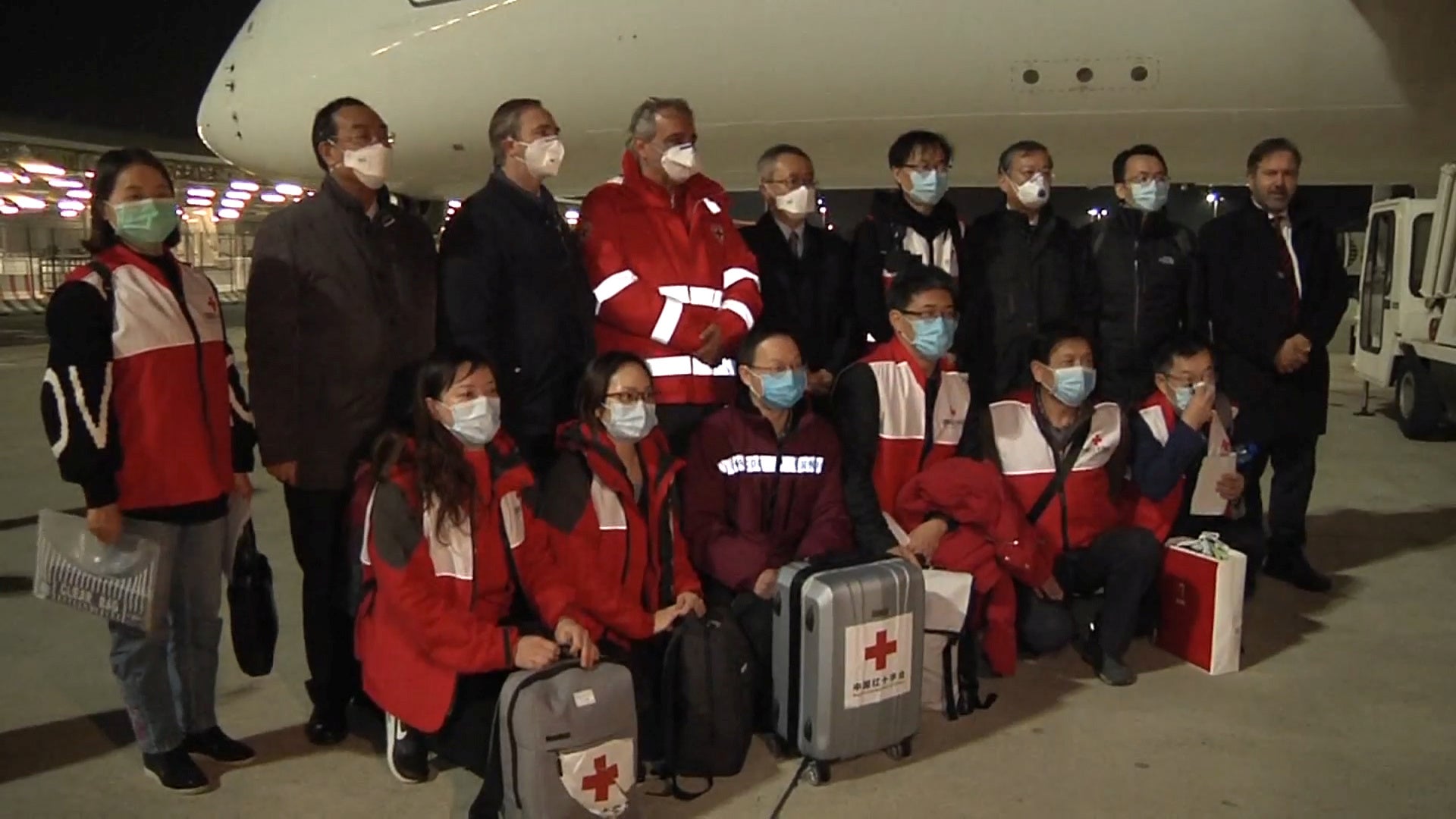Coronavirus fits the contours of a stubbornly globalized world
How much progress has been made by nationalist movements around the world to stem the tide of globalization? Judging by the coronavirus pandemic, not much. Without any travel documents or trade agreements governing its path, Covid-19 has spread far and fast, an unfortunate consequence of our immutable interconnectedness.


How much progress has been made by nationalist movements around the world to stem the tide of globalization? Judging by the coronavirus pandemic, not much. Without any travel documents or trade agreements governing its path, Covid-19 has spread far and fast, an unfortunate consequence of our immutable interconnectedness.
Taming it won’t be the achievement of any one government, and assigning blame for it to any one country or continent won’t be a productive mitigation strategy. It is far too late for that. US president Donald Trump’s 30-day travel ban on foreign visitors from most of Europe—the centerpiece of his March 11 address from the Oval Office, and one of the few concrete measures he announced that night—was, as one public health official told NPR, “remarkably pointless.” It also was out of sync with the markets. Stocks worldwide plunged in reaction, because Trump’s strategy was a mismatch for the problem at hand, and because the reverberations in Europe would be felt everywhere else, another sign of our global interdependence.
What’s telling now is the conviction, at least in some corners, that the response must be as borderless as the virus itself. Foundations run by Jack Ma and Alibaba, the Chinese tech giant he founded, this week pledged to ship half a million testing kits and 1 million masks to the US, following similar donations to Japan, Korea, Italy, Iran, and Spain. “Drawing from my own country’s experience, speedy and accurate testing and adequate personal protective equipment for medical professionals are most effective in preventing the spread of the virus,” Ma said. While many of us in coronavirus hot spots wonder whether it’s time to isolate ourselves, we would be wise to heed Ma’s advice: “At this moment,” he said, “we can’t beat this virus unless we eliminate boundaries to resources, and share our know-how and hard-earned lessons.”
This essay was originally published in the weekend edition of the Quartz Daily Brief newsletter. Sign up for it here.